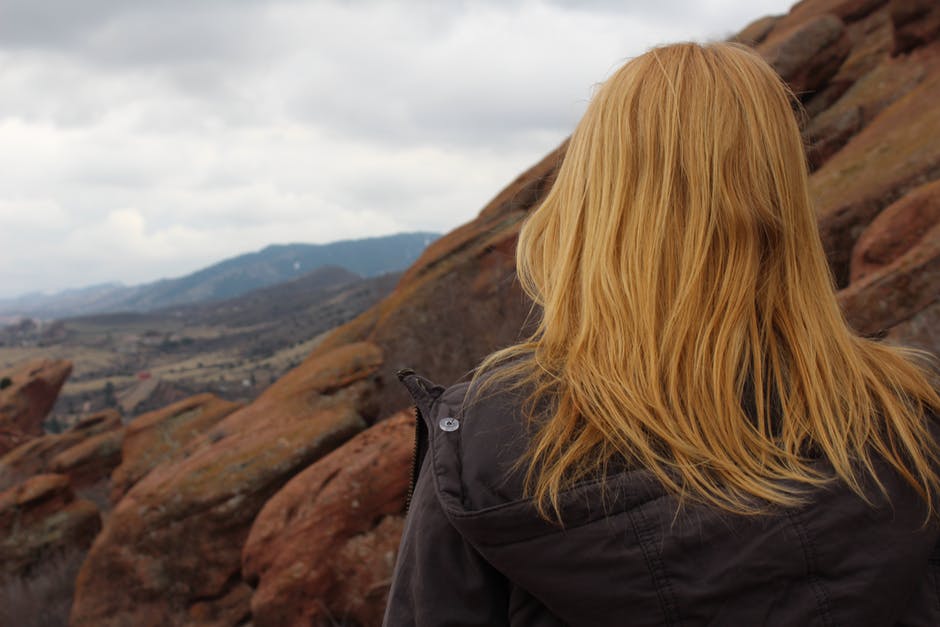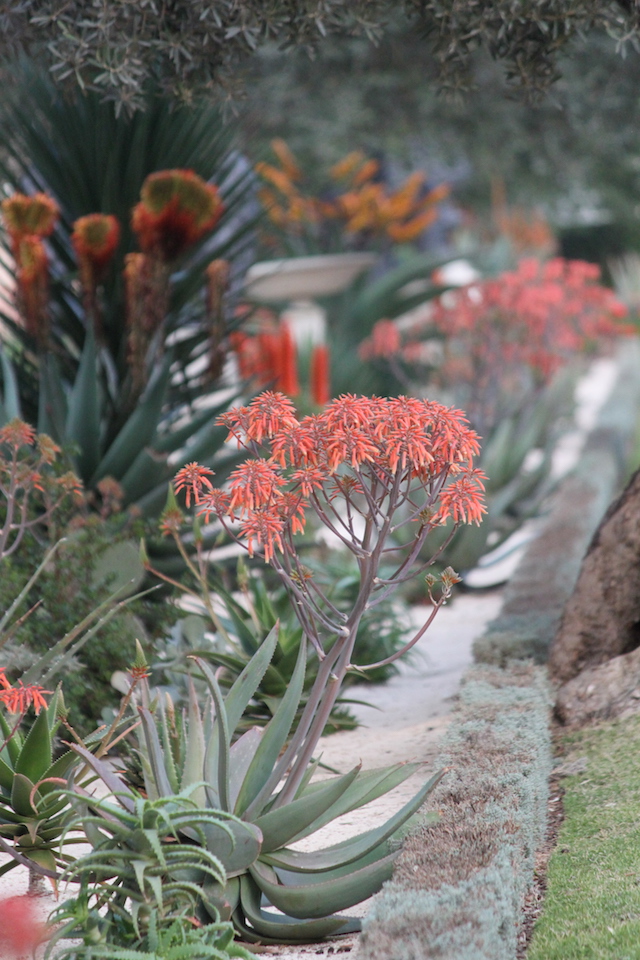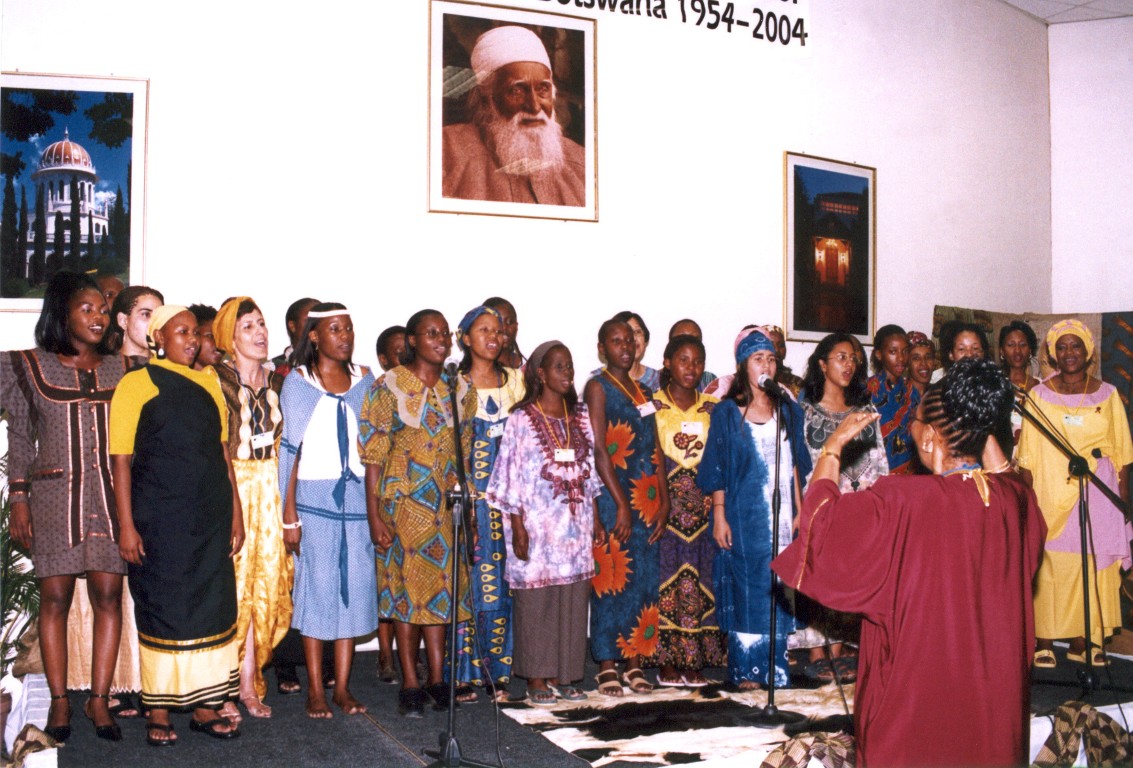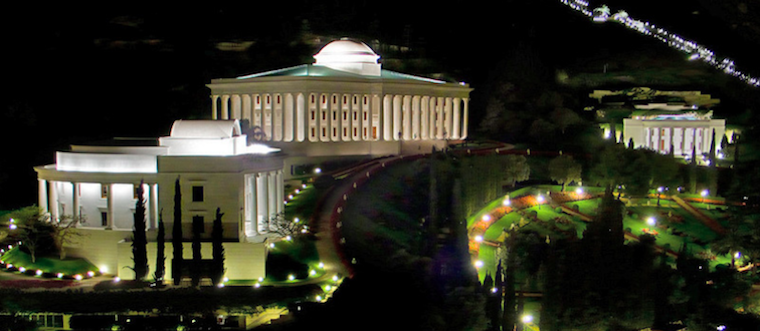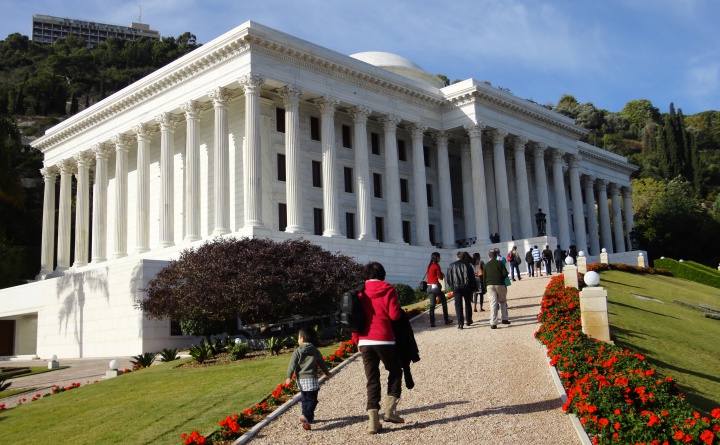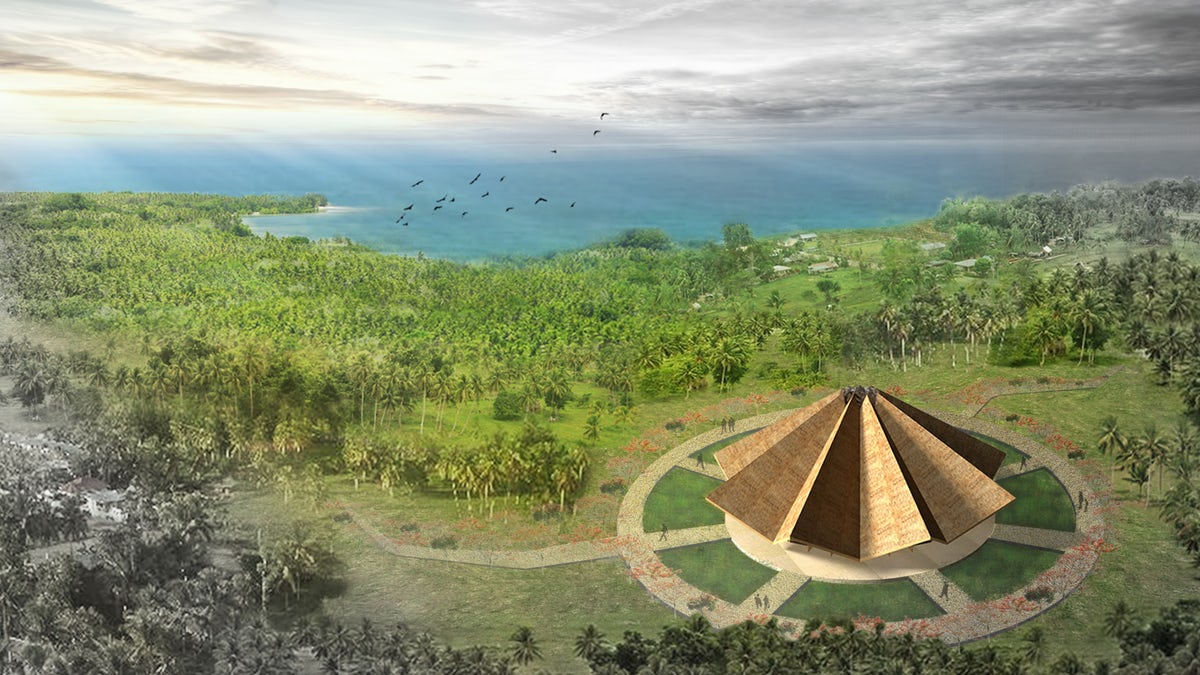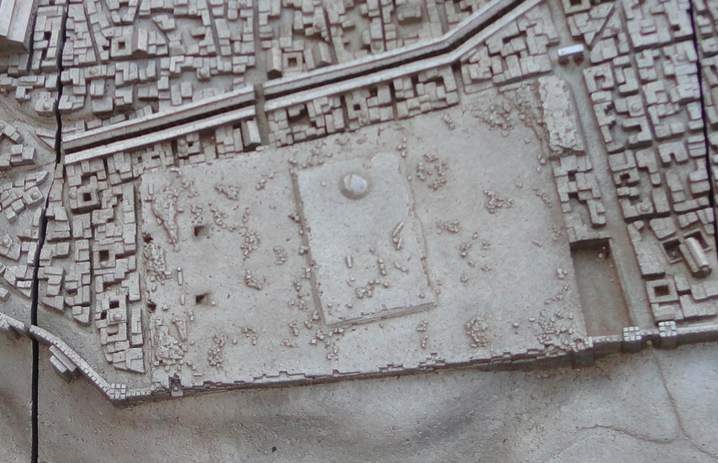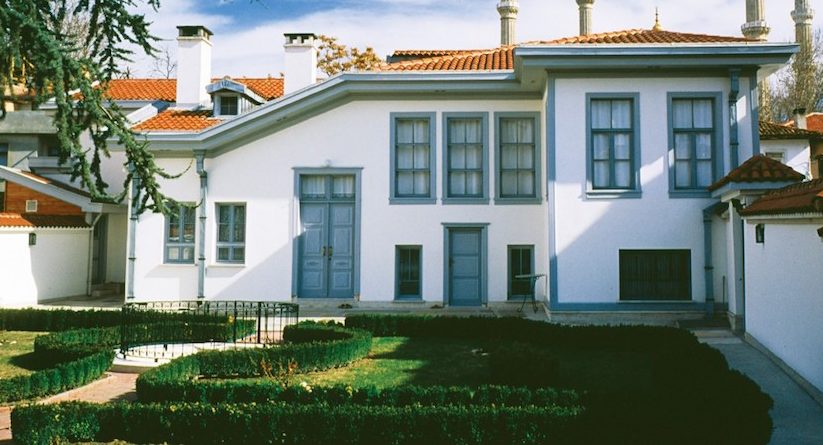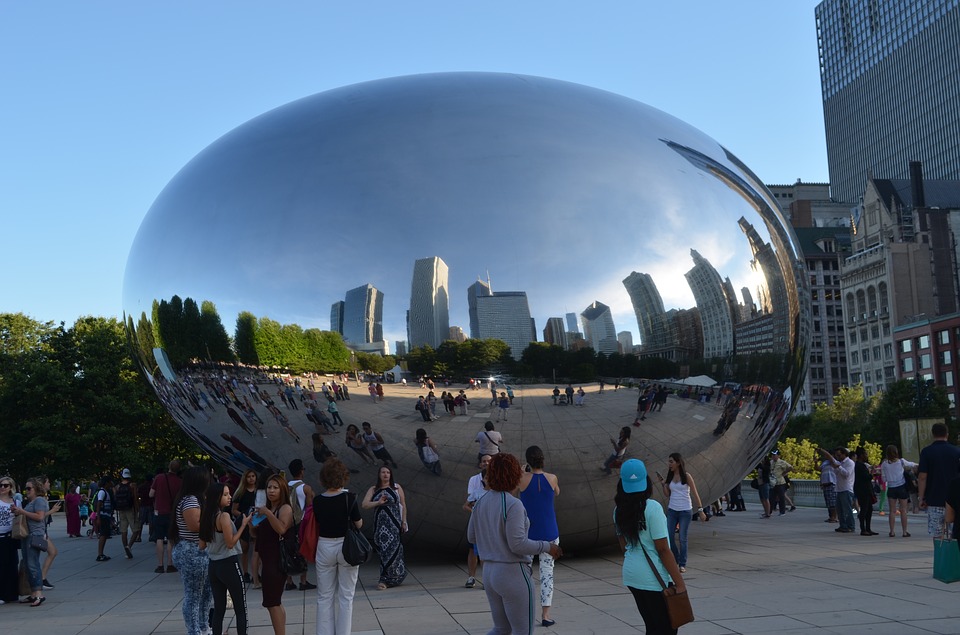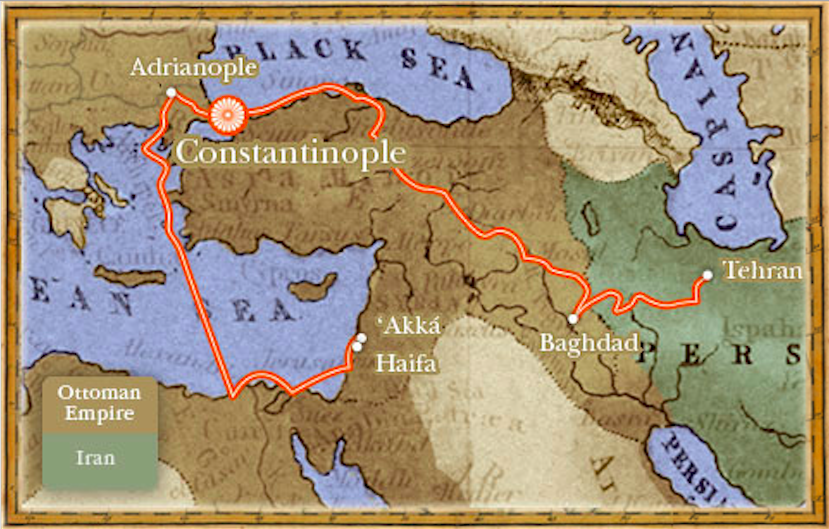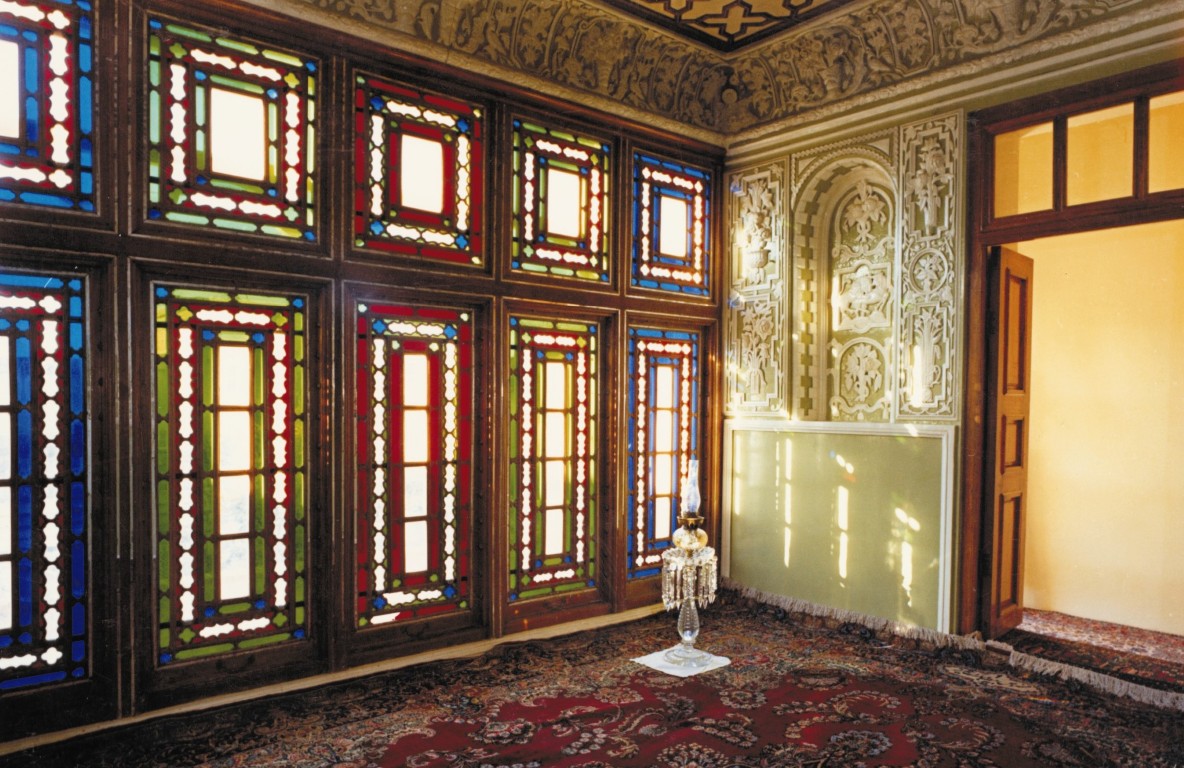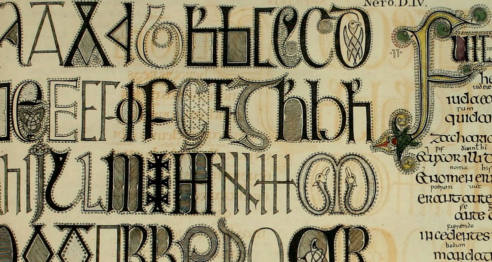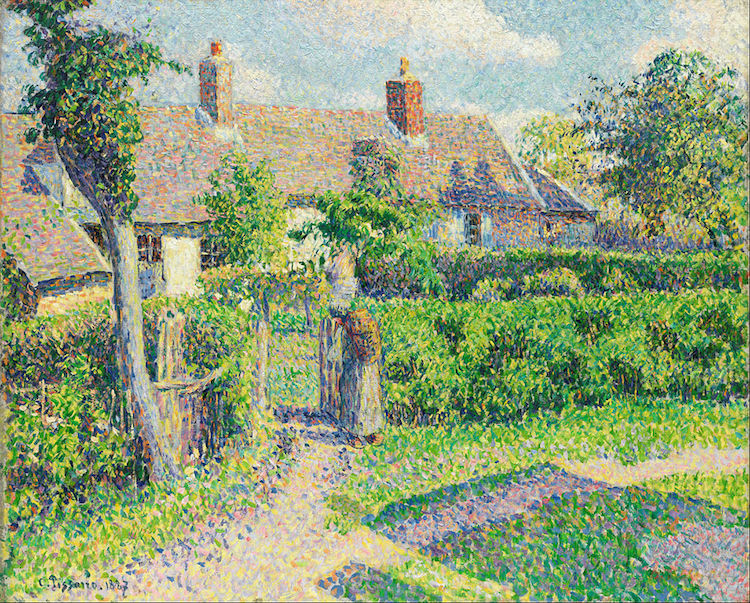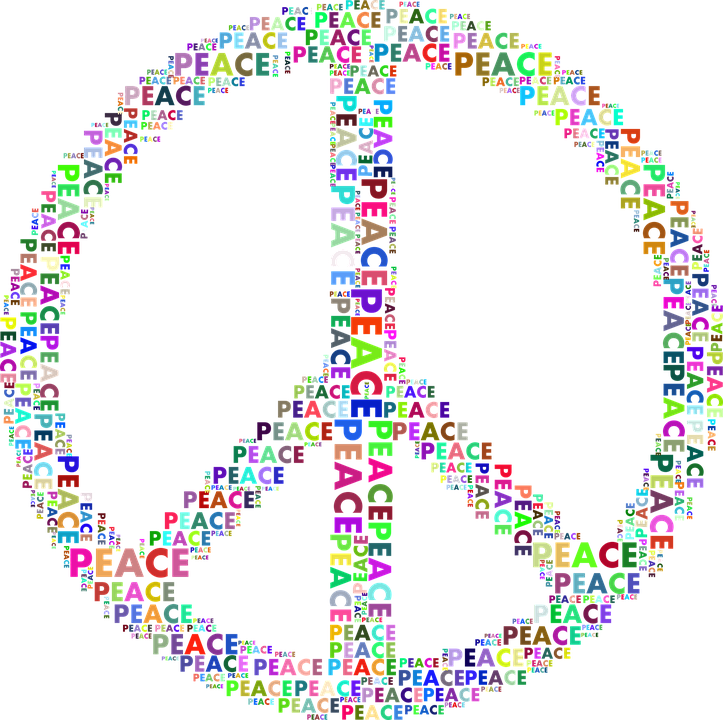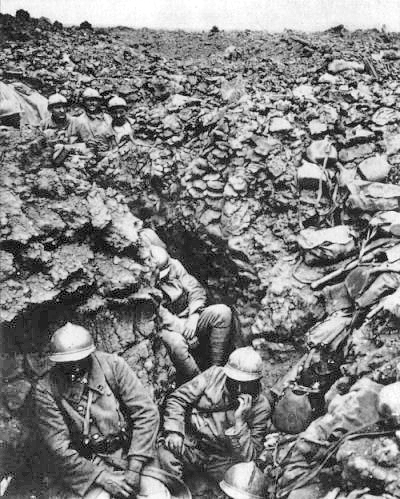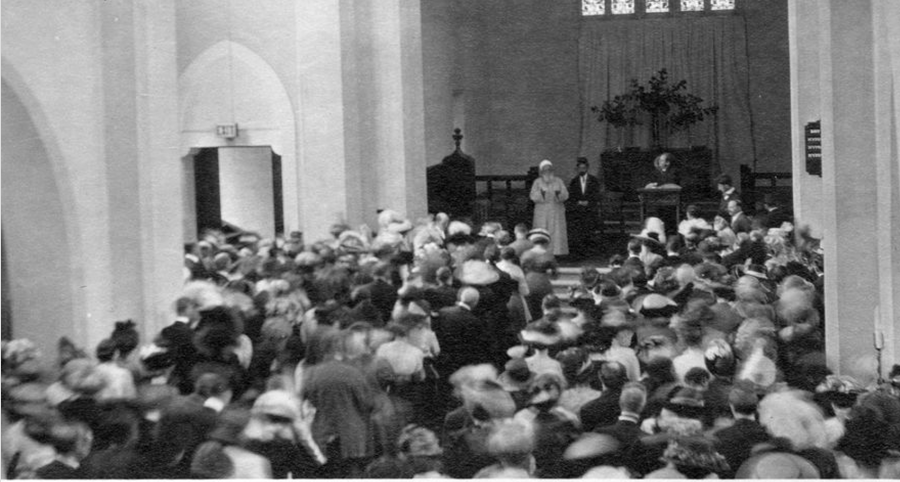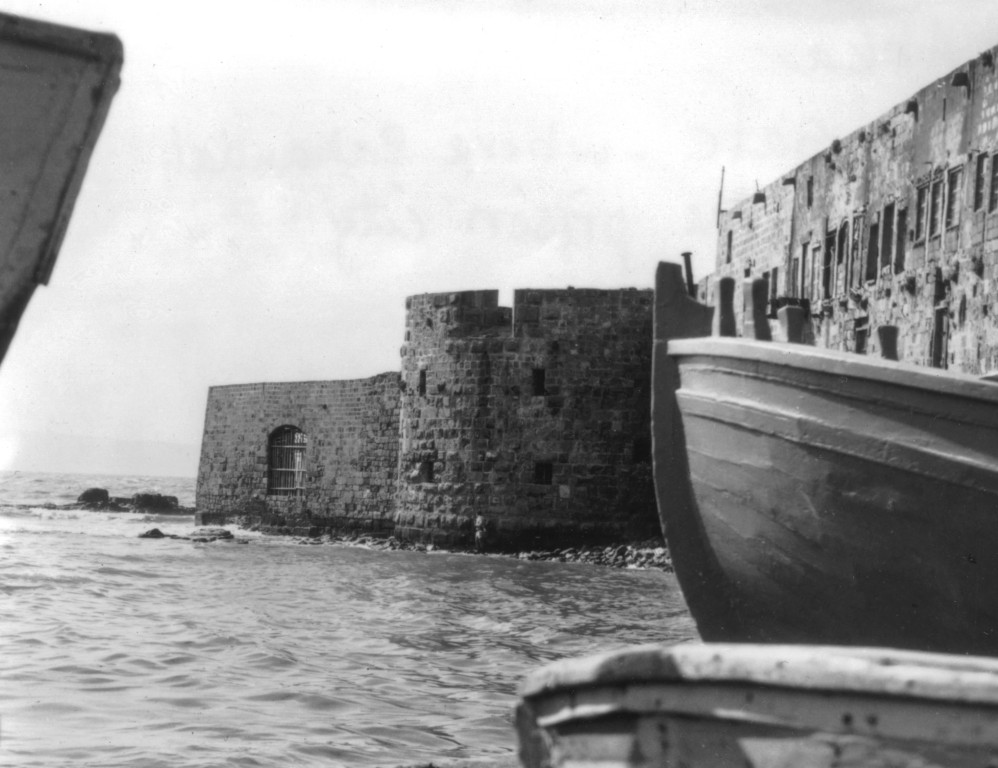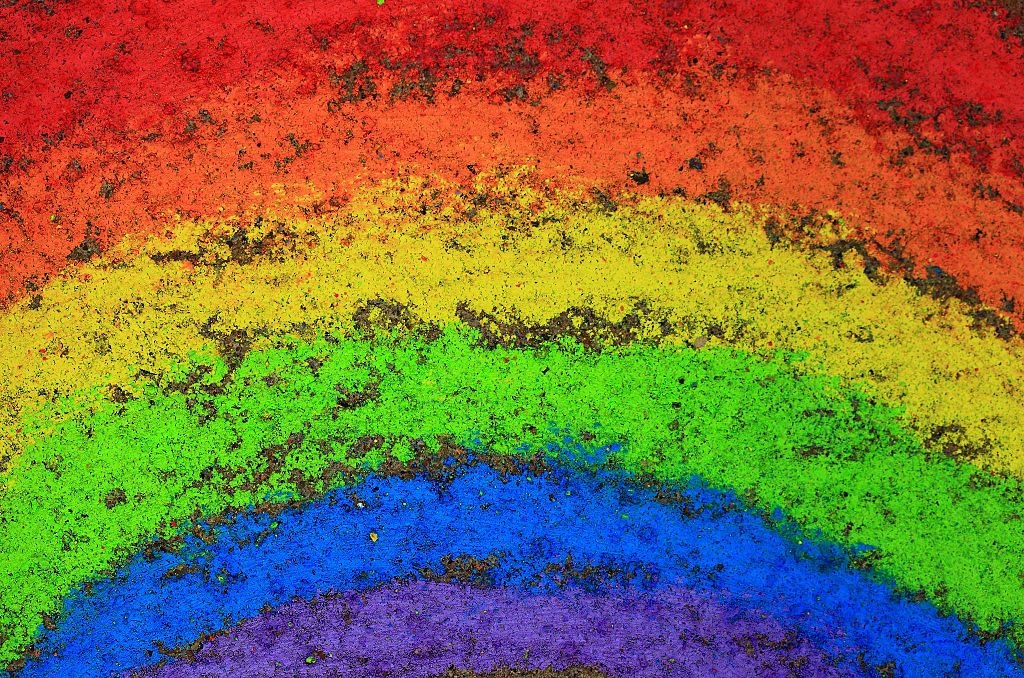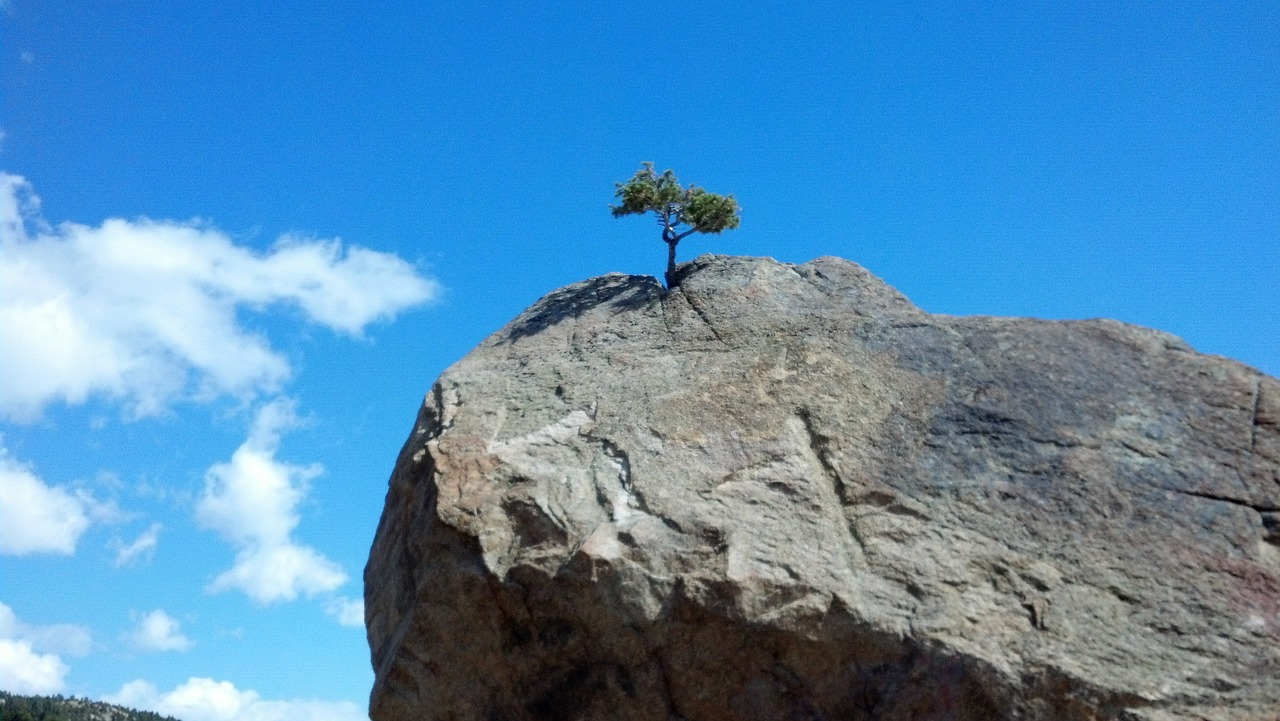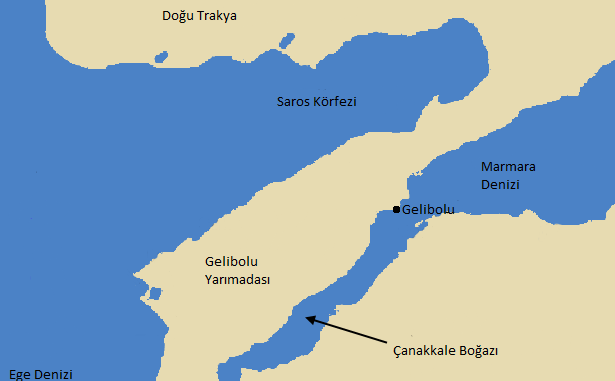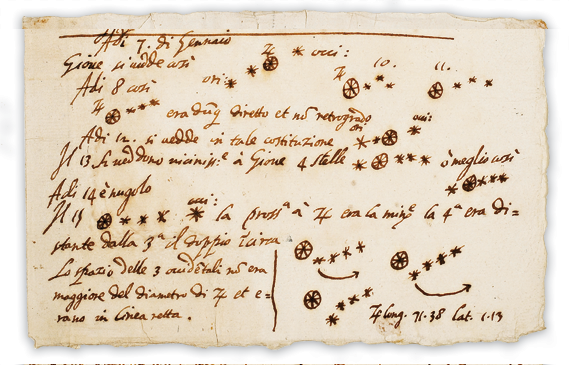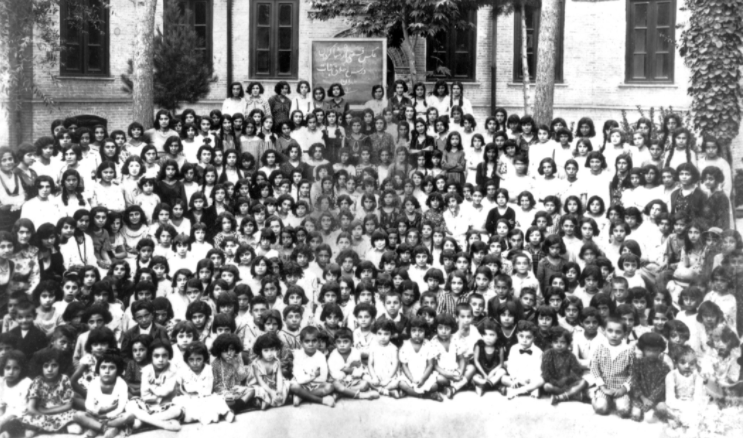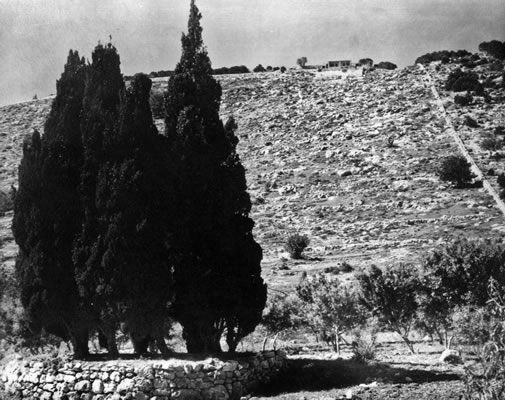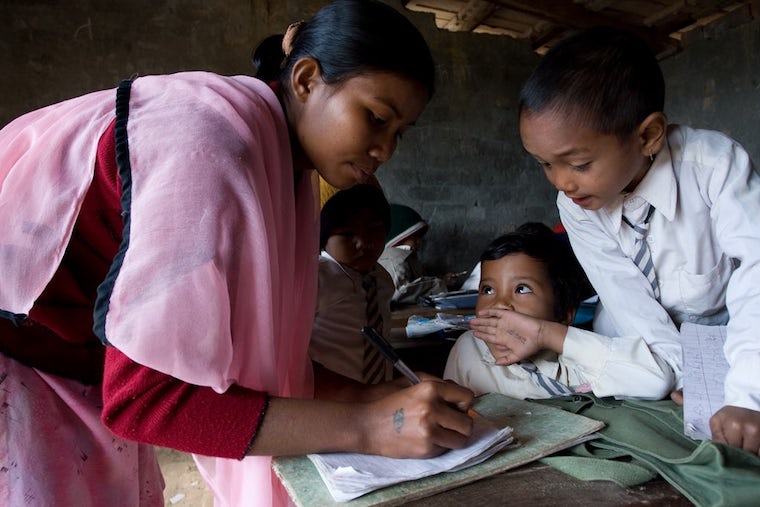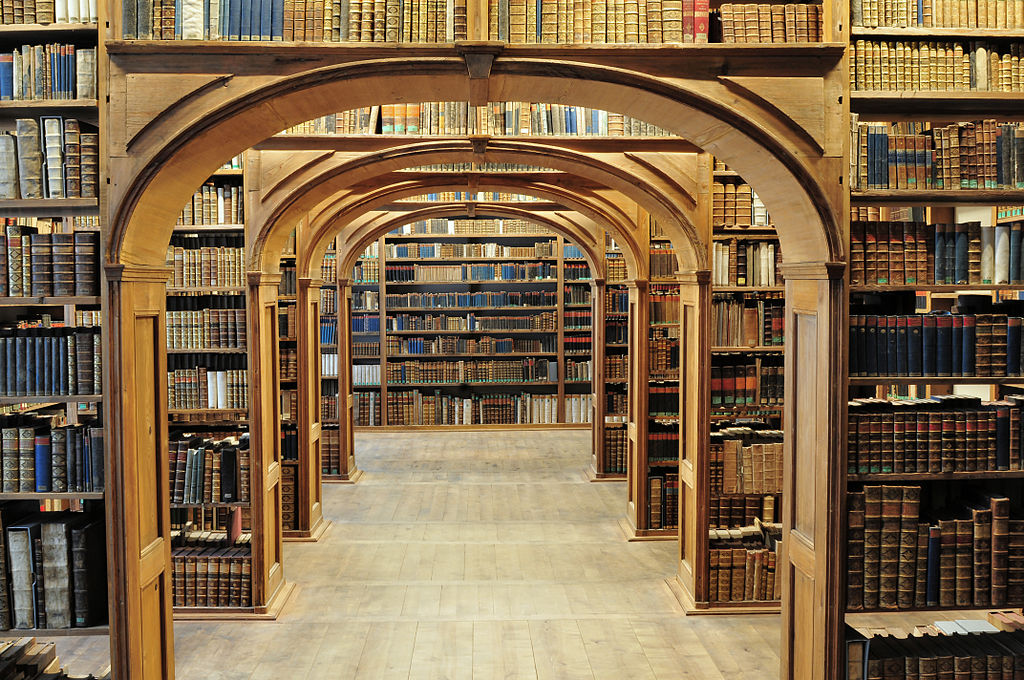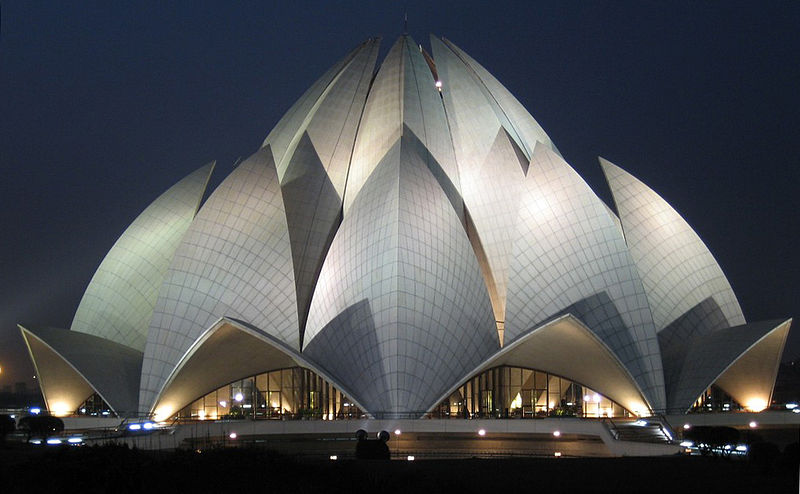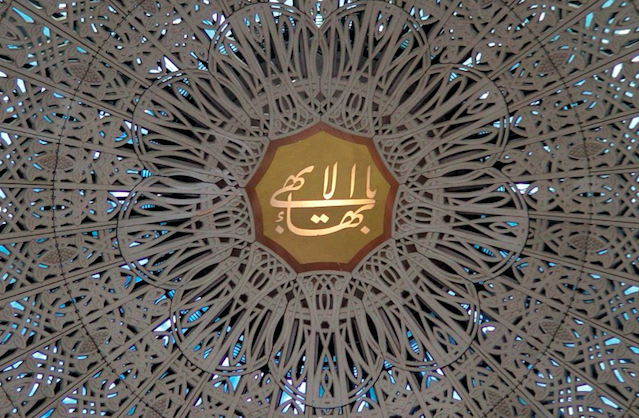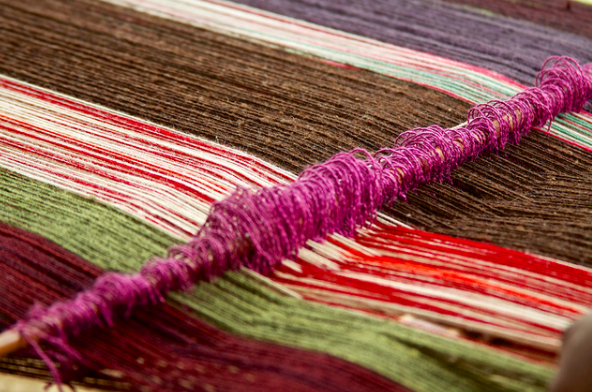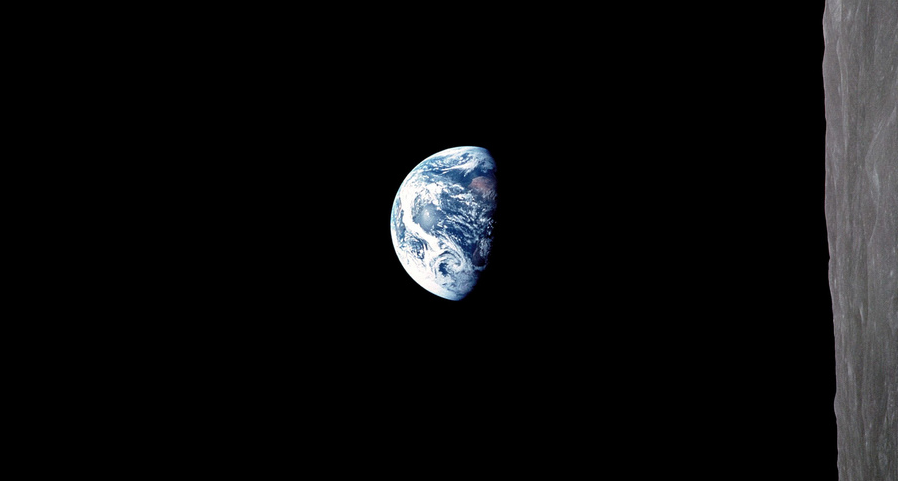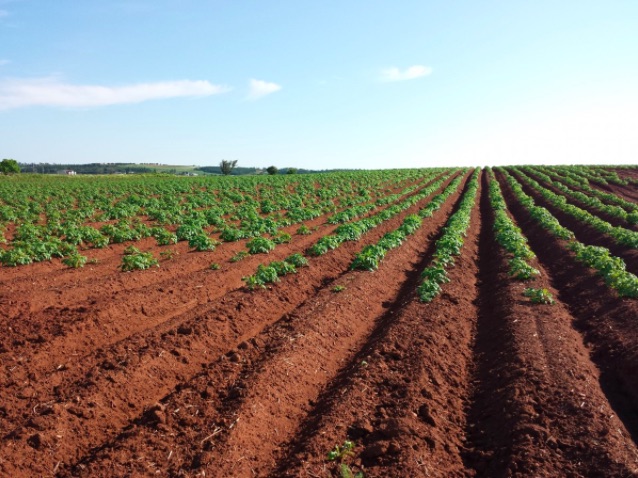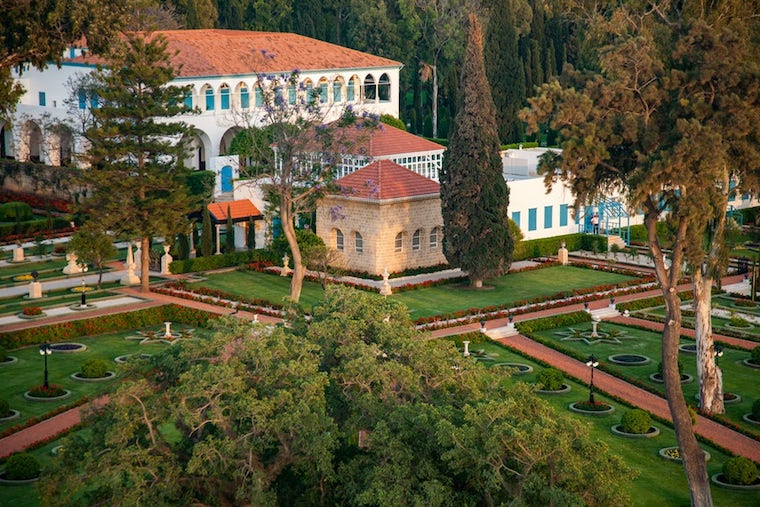Specific Teachings
-
The Individual in the Era of Human Maturity
As foreshadowed in yesterday’s article – Baha’u’llah’s teachings carry implications for the role of the individual. Indeed Baha’u’llah’s teachings empower the individual as an active participant in religious and social life. In his will and testament Baha’u’llah defines our time as follows: Great and blessed is this Day—the Day in which all that lay latent in man hath been and will be made manifest. As we have noted Baha’u’llah does not provide for any kind of clergy. Historical practices elevating an individual leader and fostering individual power over indviduals and comunities are also removed. Baha’u’llah thus prohibits the kissing of hands.[1] He prohibits seeking forgiveness from another human beings.[2] He abolishes the use of…
-
Religious Institutions for the Era of Human Maturity
Bahá’u’lláh established a new faith. What would its institutions be like? In accordance with the wide ranging reforms across Bahá’u’lláh’s teachings – the religious institutions he designed are entirely new. In this article, these institutions are described. Future posts will explore complementary transitions in the nature of community life and the role of the individual. These also change in the age of maturity – as does the relationship between each of these three actors in society. Bahá’u’lláh does not adopt familiar religious models for the religious institutions he establishes. Indeed it is itself unique that he explicitly establishes, in his own writings, the institutions that are to administer the Baha’i community…
-
Newspapers – Mirror of the World
Newspapers and their more recent digital descendants are the lens through which we see the world. Recently the role of the media has been a subject of intense public scrutiny. Baha’u’llah commented on newspapers in the 19th century. In this Day the secrets of the earth are laid bare before the eyes of men. The pages of swiftly-appearing newspapers are indeed the mirror of the world. They reflect the deeds and the pursuits of diverse peoples and kindreds. They both reflect them and make them known. They are a mirror endowed with hearing, sight and speech. This is an amazing and potent phenomenon. However, it behooveth the writers thereof to be…
-
Taking Things Too Literally vs. Interpreting Texts for the Oneness of Humanity
Taking things too literally – particularly religious texts – can be a problem – as we tragically see in our world. In some cases it contributes to murderous results. In other cases it creates irresolvable conflicts between communities and points of view. This article discusses how Bahá’u’lláh interprets religious texts to lay the foundations of unity. As noted in previous articles, the overriding purpose of Bahá’u’lláh’s life’s work is the fostering of unity and friendship among human beings. How we understand and interpret religious texts affects our ability to build unified harmonious communities. To take one dimension, overly literal readings of religious texts is one factor which holds back a coherence between scientific and…
-
Consultation
It’s wonderful to speak about the unity of humankind. Who doesn’t want a peaceful world in which conflict is no more and all human beings have a safe and decent place in our world? Like all beautiful ideas – its easy to talk about but challenging to achieve How, in practice, do you build the unity of humankind and heal the many fractures in the body of humanity? Of course there is no magic wand that instantly solves all problems. Nor is it something that can possibly be achieved without the systematic and ongoing effort of a large proportion of humanity. Baha’u’llah was centrally concerned with the problem – and his life’s…
-
Courage
Mona Mahmudnizhad’s short life was crowned with courage. It’s not the kind of courage that most us of imagine having. We saw the courage of George Townshend who set out his belief in Baha’u’llah knowing it would deprive him of his livelihood. Lidia Zamenhof also courageously faced death to be with friends and family. Baha’u’llah’s own life was a life of courage – facing decades of suffering for his teachings. not for a moment did I allow Myself to be hidden from the eyes of men, nor did I consent to shield My person from their injury.[1] Although these stories are in an altogether higher league, it is clear that some level of courage…
-
Baha’i Music – ladder for the soul
Bahá’u’lláh abolishes religious prohibition of music. Music is a ladder for the soul. Abdu’l Baha explains: Among certain nations of the East, music was considered reprehensible, but in this new age the Manifest Light hath, in His holy Tablets, specifically proclaimed that music, sung or played, is spiritual food for soul and heart. The musician’s art is among those arts worthy of the highest praise… [1] The following are five brief references to music from different passages of Bahá’u’lláh’s writings. We, verily, have made music as a ladder for your souls, a means whereby they may be lifted up unto the realm on high; make it not, therefore, as wings to self and passion.[2]…
-
Bahá’u’lláh on Knowledge
How do we know? What does it mean to know? These are deceptively simple but important questions and the answers are by no means straight forward. Knowledge, moreover, is at the heart of human welfare. The first of Bahá’u’lláh’s Arabic Hidden Words links knowledge and justice. The best beloved of all things in My sight is Justice; turn not away therefrom if thou desirest Me, and neglect it not that I may confide in thee. By its aid thou shalt see with thine own eyes and not through the eyes of others, and shalt know of thine own knowledge and not through the knowledge of thy neighbor.[1] And justice in turn…
-
Weaving the Future from the Threads of the Past
Across the world, the 19th century was a time of dramatic change. From our 21st century vantage point we may perceive it as “old fashioned” but in truth it was a time of change such as the world has rarely seen. In some places the world experienced revolutions, in others wide ranging reforms arose in almost every aspect of society. This was the time when the modern world was born. Bahá’u’lláh lived at this time and his writings are often directed to the reform of society. How Bahá’u’lláh goes about weaving the future from the threads of the past provides insights to Bahá’u’lláh’s work that offer food for reflection. Often the past is…
